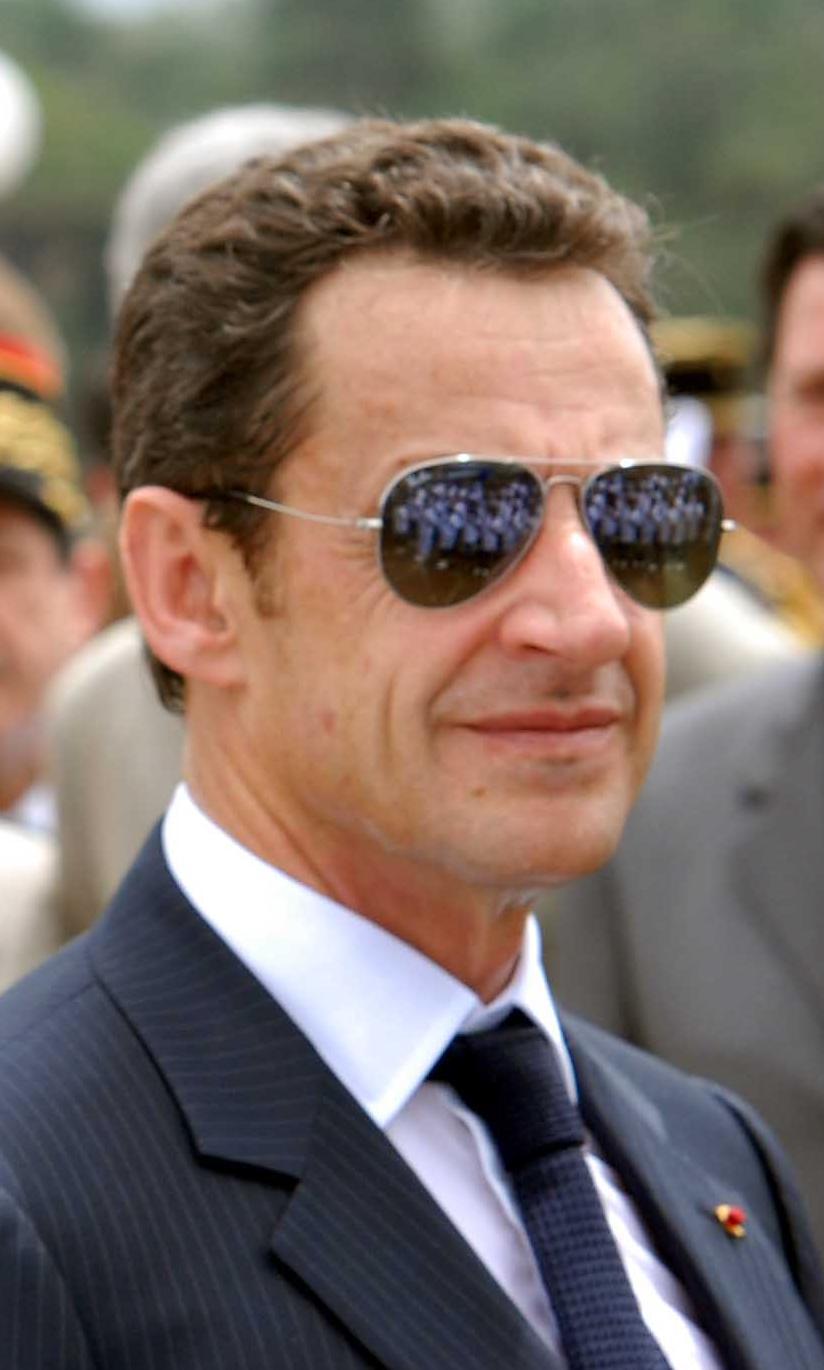This is the question that former OECD trade and agriculture supremo Stefan Tangermann poses in a recent issue of Agra Europe. In effect the answer that the agricultural economist gives is that they can’t be, although he is too canny to say that in so many words. But he takes each argument for the SFP in turn and demolishes it.
He points out that direct payments make up nearly three-quarters of EU expenditure on the CAP, equivalent to about one third of the Union’s total budget. The argument that they are compensation for earlier reforms can no longer be used to justify their continuation.… Read the rest

